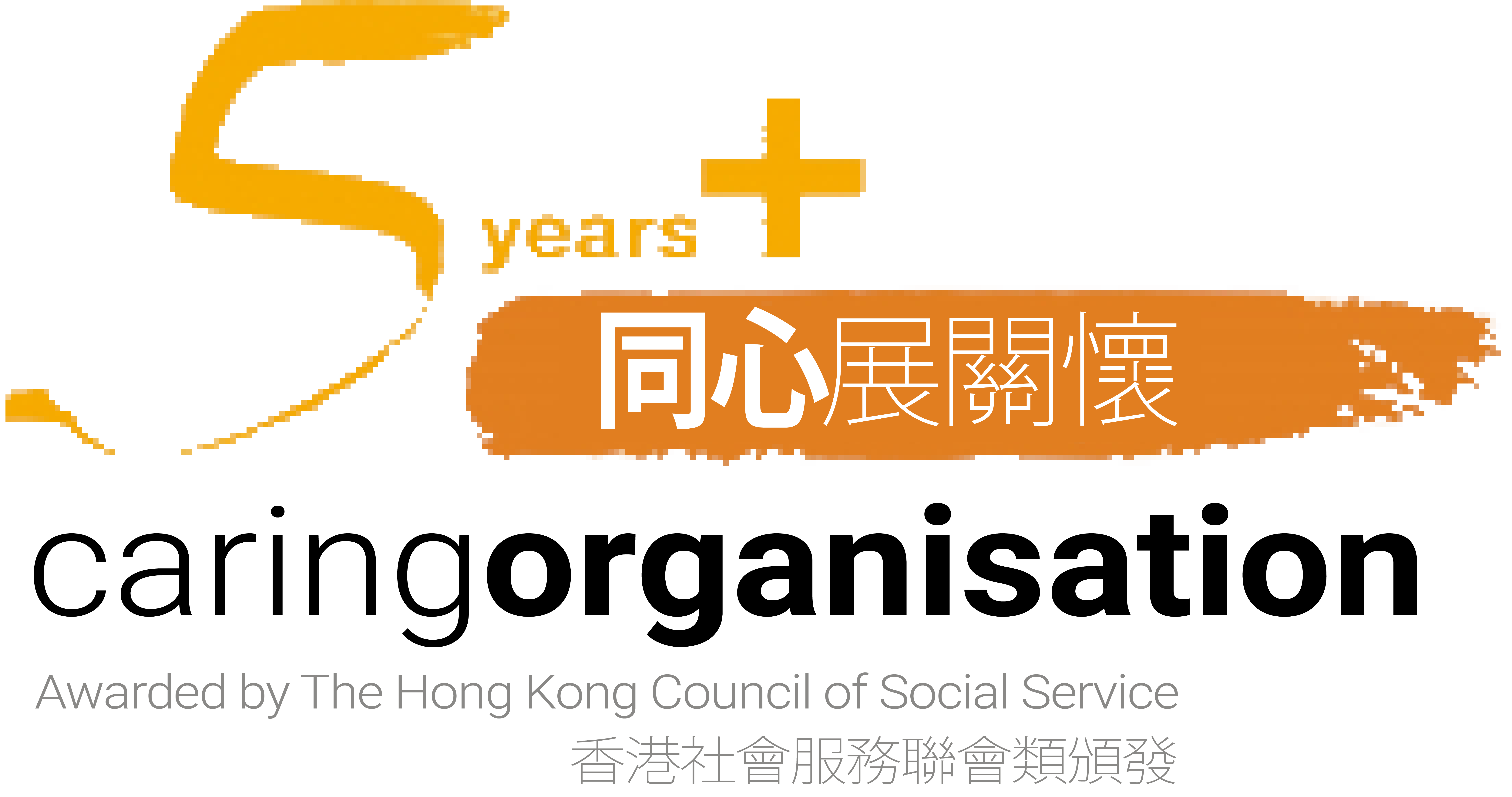News
CUHK-led study estimates over one-fifth of staple crops will be lost by 2050 due to ozone pollution and climate change
// A study led by The Chinese University of Hong Kong (CUHK) and the University of Exeter's Joint Centre for Environmental Sustainability and Resilience (ENSURE) projected that yields of the world's staple food crops will be reduced by up to 22% by 2050 due to the combined impact of ground-level ozone pollution and global climate change. South Asia will be one of the hardest hit regions, as extreme weather events caused by climate change alone will lead to up to 40% less rice being produced by the end of this century. This study is the first to quantify and estimate the year-to-year integrated impact of ozone pollutants, carbon dioxide (CO2) emissions and climate change on crop yields till 2100. It tells us that global food security and the hunger crisis will get worse, and that action needs to be taken immediately. The findings were published in Environmental Research Letters, a leading journal in the environmental sciences. //
Read this article in full: https://bit.ly/3ubK6Ya
CUHK-led study estimates over one-fifth of staple crops will be lost by 2050 due to ozone pollution and climate change
28 June 2022
// A study led by The Chinese University of Hong Kong (CUHK) and the University of Exeter's Joint Centre for Environmental Sustainability and Resilience (ENSURE) projected that yields of the world's staple food crops will be reduced by up to 22% by 2050 due to the combined impact of ground-level ozone pollution and global climate change. South Asia will be one of the hardest hit regions, as extreme weather events caused by climate change alone will lead to up to 40% less rice being produced by the end of this century. This study is the first to quantify and estimate the year-to-year integrated impact of ozone pollutants, carbon dioxide (CO2) emissions and climate change on crop yields till 2100. It tells us that global food security and the hunger crisis will get worse, and that action needs to be taken immediately. The findings were published in Environmental Research Letters, a leading journal in the environmental sciences. //
Read this article in full: https://bit.ly/3ubK6Ya










